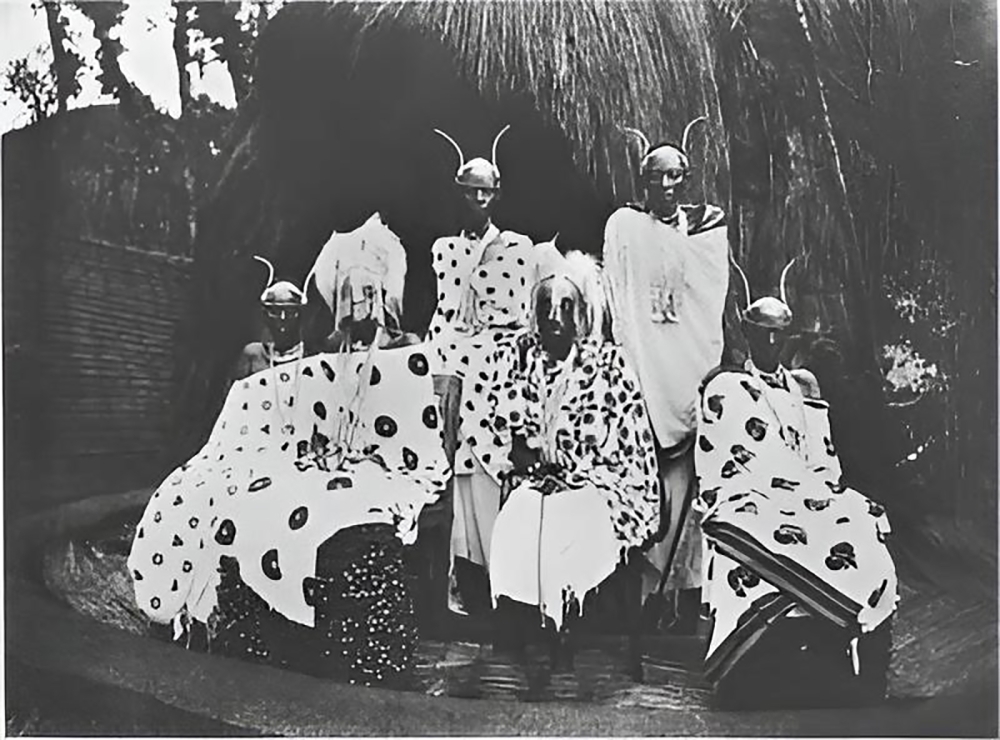
{ "@context": "https://schema.org", "@type": "NewsArticle", "dateCreated": "2024-11-19T00:40:27+02:00", "datePublished": "2024-11-19T00:40:27+02:00", "dateModified": "2024-11-19T00:40:26+02:00", "url": "https://www.newtimes.
co.rw/article/21944/opinions/the-project-that-originated-rwanda-from-gasabo-was-born-in-brussels", "headline": "The project that originated Rwanda from Gasabo was born in Brussels", "description": "Most history books tell us that Rwanda was founded by King Gihanga, who started his Nyiginya dynasty from Gasabo. This assertion, despite the fact that it.
..", "keywords": "", "inLanguage": "en", "mainEntityOfPage":{ "@type": "WebPage", "@id": "https://www.
newtimes.co.rw/article/21944/opinions/the-project-that-originated-rwanda-from-gasabo-was-born-in-brussels" }, "thumbnailUrl": "https://www.
newtimes.co.rw/thenewtimes/uploads/images/2024/11/19/64398.
jpg", "image": { "@type": "ImageObject", "url": "https://www.newtimes.co.
rw/thenewtimes/uploads/images/2024/11/19/64398.jpg" }, "articleBody": "Most history books tell us that Rwanda was founded by King Gihanga, who started his Nyiginya dynasty from Gasabo. This assertion, despite the fact that it has been repeated by prominent historians, is wrong.
Rwanda did not start from Gasabo. Jean-Paul Harroy, the last Belgian Resident-General of Rwanda-Urundi wrote in his book titled “Rwanda - de la feodalité a la démocratie 1955-1962” that when King Yuhi V Musinga was asked about the origin of Rwanda, he responded without hesitation that Rwanda started from Mazinga, located today in the Akagera National Park. For King Yuhi V Musinga, Rwanda started from Mazinga.
But for Belgians paid scholars, it started from Gasabo. Who should we trust? The trustful source is for sure King Yuhi V Musinga. Unfortunately, today we believe in the Belgian scholars’ deceptive assertion.
In our search for the truth, we met different elders, including Gahirima Mathias, who helped us understand clearly that the idea of starting Rwanda from Gasabo was born in Brussels. We met him at his home near “ibigabiro” at Gasabo. He was one of the counselors of King Mutara III Rudahigwa.
Gahirima told us that one day, King Mutara III Rudahigwa convened a meeting in Kigali, in which he invited all the chefs, the sous-chefs and his counselors from all over the Kingdom. The purpose of the meeting was to show all Rwandan leaders how Rwanda started from Gasabo. He said that a white Belgian brought a film titled “U Rwanda rwa Gasabo.
” “ I first saw here, then I saw that hill where you can see the primary school. That is the real Gasabo. Then from the hill of Gasabo, it grew slowly to become the Rwanda we have today,” said elder Gahirima.
“ It was my first time to hear that Rwanda started from here,” he concluded. After we heard Gahirima’s testimony, things became clear in our mind. As King Yuhi V Musinga said, Rwanda started in Mazinga and not in Gasabo as Belgian scholars wanted us to believe.
One might ask why they distorted the history of the origin of Rwanda. Did they have any reason to do so? To respond to this question, I would suggest a book written by Alice L. Conklin, “A Mission to Civilize: The Republican idea of Empire and West Africa,” which explains clearly the idea that was behind colonial power when they were landing into Africa.
The reason they distorted our history was to destroy our identity. And to destroy the identity of a nation, you have to delete its origin from the minds of its people. However, a question remains.
Why did Belgians put in so much effort into teaching Rwandans that their kingdom originated from Gasabo? Our research brought us to the conclusion that they did it in order to get a center where those they rebelled “Tutsi” would come to invade those they labeled “Hutus.” They had a long project for the people of Rwanda, a people they found united. First, colonial scholars sought to divide this united nation by forging what they called “Ibimanuka” or settlers and “Abasangwabutaka” or natives.
See our article “Debunking the myth: The true origins of Ibimanuka vs Abasangwabutaka in Rwanda.” Then, they continued by separating siblings into “Tutsi,” and “Hutu.” See our article “Demystifying the myth of settlers vs natives: The Case of Bashambo and Babanda.
” To explain how these so-called “Tutsi” invaded their own siblings, there was a need for a center, where they would come to invade the lands of the so-called “Hutu.” Gasabo, in the middle of the Kingdom, was the right place for that purpose. But, would this really work? Yes, we think that Belgians knew the law of propaganda, attributed to the Nazi Joseph Goebbels.
This law says: “Repeat a lie often enough and it becomes the truth.” In Psychology, it first creates the illusion of truth effect. But, by repetition, the “illusion of truth effect disappears, and becomes more true, regardless of whether it is or not.
By understanding this effect, Rwandans can understand how this colonial propaganda worked in a few decades. Let’s just look at this film “U Rwanda rwa Gasabo” with a wrong premise that Rwanda started in Gasabo. The film is shown to all the chiefs, sous chiefs and counselors of the king all over the kingdom.
All are ordered to spread the discovery to their subjects. At first, it appeared to be the “illusion of truth effect, that by repetition disappeared to become the truth that most of us believe in today. The production of the film “U Rwanda rwa Gasabo” in Brussels is the utmost testimony of where colonizers were ready to go in order to split a united people into different groups that should have a few things or nothing in common.
To understand more on this colonial project in Rwanda, in our next issue, we will look at the meaning of the word Rwanda and how it was purposely distorted. Until then, stay blessed and United.", "author": { "@type": "Person", "name": "Amani Athar" }, "publisher": { "@type": "Organization", "name": "The New Times", "url": "https://www.
newtimes.co.rw/", "sameAs": ["https://www.
facebook.com/TheNewTimesRwanda/","https://twitter.com/NewTimesRwanda","https://www.
youtube.com/channel/UCuZbZj6DF9zWXpdZVceDZkg"], "logo": { "@type": "ImageObject", "url": "/theme_newtimes/images/logo.png", "width": 270, "height": 57 } }, "copyrightHolder": { "@type": "Organization", "name": "The New Times", "url": "https://www.
newtimes.co.rw/" } }.














